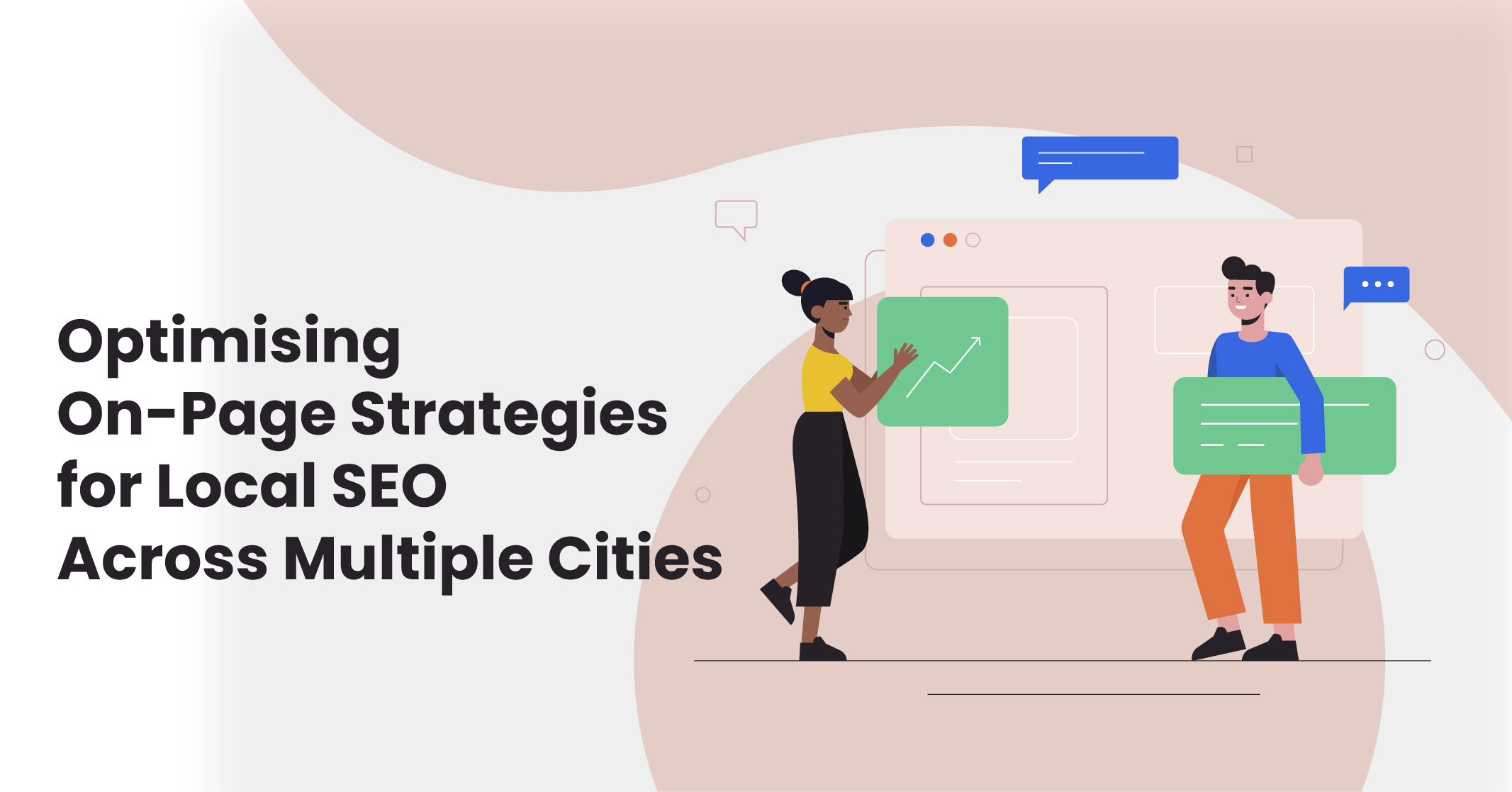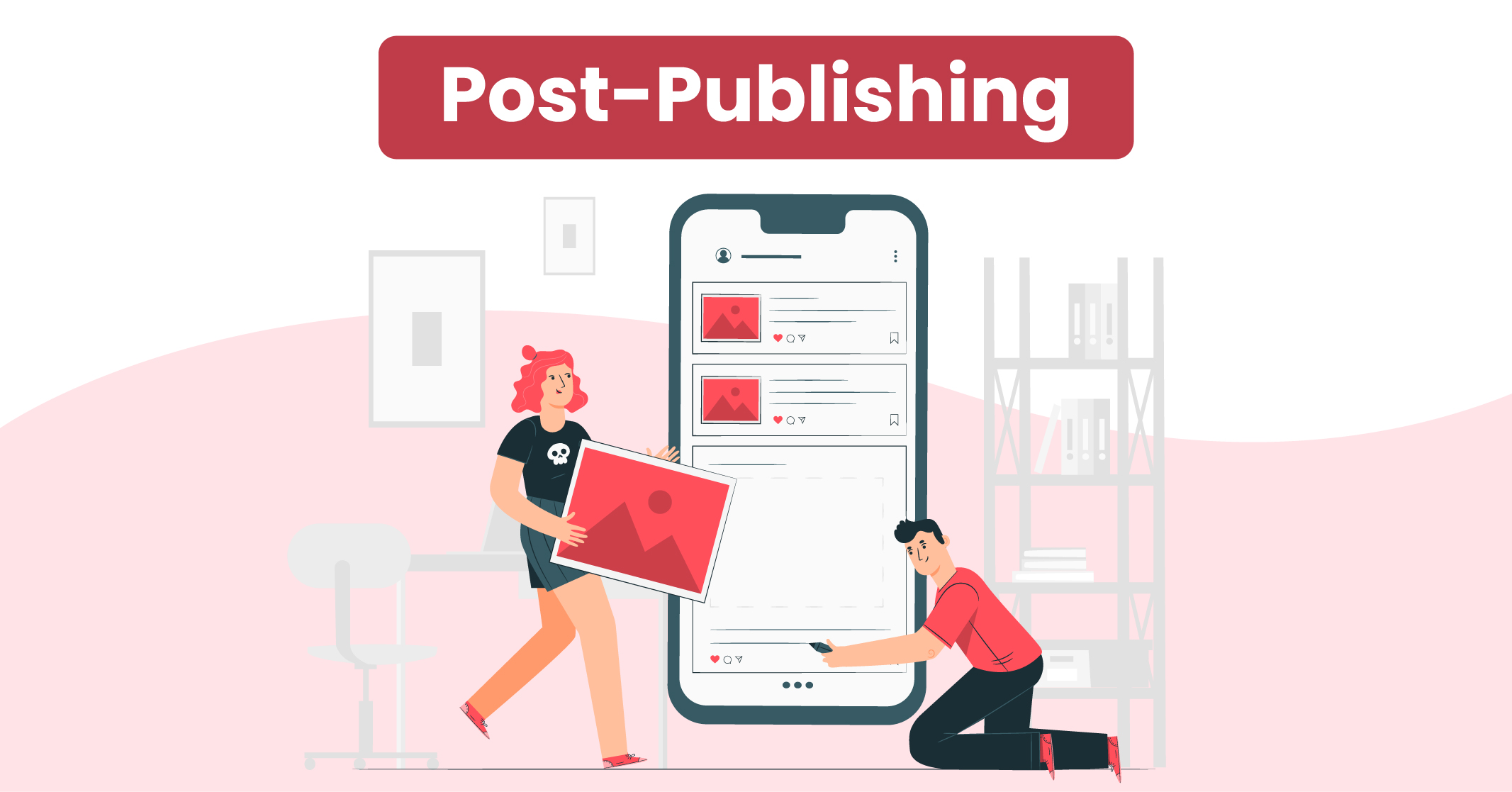I hope you enjoy reading this blog post.
If you want to get more traffic, Contact Us

Click Here - Free 30-Minute Strategy Session
Be quick! FREE spots are almost gone for this Month. Free Quote

If you’ve optimised your website for local SEO in your main city and are seeing an increase in rankings and traffic, you might be wondering how to expand your reach to other cities you service or have customers in. Simply adding new locations to your website isn’t enough, especially since Google Business Profiles can be difficult to rank outside of your physical location.
To improve your chances of ranking in multiple cities, you’ll need to implement effective local SEO strategies and on-page SEO checklists. Start by conducting local keyword research to identify relevant and high-traffic keywords for each targeted city. Use these keywords throughout your website and content, including in title tags, headers and naturally throughout your content.

Click Here – Free 30-Minute Strategy Session
Be quick! FREE spots are almost gone for this Month
By implementing these local SEO tips and strategies, you can increase your visibility and attract more customers from the multiple cities you service, ultimately growing your business and improving your bottom line.
Have you heard of doorway pages? If you’re trying to improve your website’s SEO, you may have come across this term before. But did you know that doorway pages are considered a big no-no by Google?
A doorway page, according to a Google Search Console Help article, is “a page that is created to rank for a specific keyword to send users to a different page.” Essentially, it’s a web page that’s designed to manipulate search engine rankings, rather than provide value to the user.
But why are doorway pages so frowned upon by Google? Well, these pages can mislead users by redirecting them to another page or website, which can be frustrating and create a poor user experience. Additionally, doorway pages can create duplicate content issues and can be seen as spammy by search engines.
So, if you’re looking to improve your website’s SEO, it’s important to avoid using doorway pages. Instead, focus on creating high-quality, relevant content that provides value to your audience. Use keywords naturally throughout your content and focus on building a strong online reputation through customer reviews and feedback.
Learn More: Enhance Your Online Presence with Google Search Console

When it comes to local SEO, using the right keywords is key. But, how do you identify the best keywords to target for your business? Here are some tips and strategies for conducting effective local keyword research:
By conducting effective local keyword research and incorporating these keywords into your website and content, you can improve your visibility in local search results and attract more customers to your business.
Before creating content for your local SEO pages, it’s important to understand your competition, identify SERP features, and determine the intent behind search queries. Let’s look at an example of “Furnace Repair Englewood.”
By examining the SERP, we can see that there are several SERP features, including a People Also Ask box, Q&A schema, and Aggregate Rating schema. These features provide valuable insights into the topics and considerations we should cover on our new page.
The intent behind the queries we want to target appears to be focused on furnace repair, servicing, or replacement. The People Also Ask boxes on some of the results further emphasise this intent. Users are often searching for information on the cost of furnace repair or when to replace a furnace.
By understanding the intent behind local search queries and utilising relevant SERP features, we can create targeted and effective local SEO pages that attract more potential customers to our business.

To outrank our competition, we need to provide better content for our target queries. Before we start writing, we should analyse the content currently ranking.
Here are a few tips to keep in mind while researching:
Once we’ve done our research, it’s time to write out the copy for our page. Using headers will help break up our content into digestible chunks and images will add visual appeal. However, it’s essential to use unique photos rather than stock images.
When adding keywords to headers, don’t simply use [keyword city] as your template. For instance, instead of “Furnace Repair Englewood,” we could use “Englewood’s Trusted Furnace Repair Specialist,” which sounds better and emphasises Bob’s good reputation.
When writing copy, don’t focus on keyword density. Instead, write in a conversational tone, including keywords naturally while providing helpful and authoritative information.
After writing each section, read it aloud to ensure it sounds conversational and natural. By following these tips, we can create compelling content that outranks our competition and delivers value to our users.
Learn More: Tips for Crafting an Effective Content Plan
If we want our FAQ sections to show in the SERP, we need to generate structured data for it using the FAQ Page JSON-LD Schema Generator. Add in your questions and answers, grab the code and save it for later use.
To deploy the Q&A schema, we can use Google Tag Manager and add the markup to the pages we want it to appear on.
If you want your website to rank higher in search engine results pages (SERPs), you need to focus on publishing high-quality content and internal linking.
Publishing fresh, relevant, and informative content on your website is one of the best ways to attract organic traffic. However, it’s not enough to simply create great content – you need to publish it strategically.
Here are a few tips for optimising your content publishing:
Once you’ve published your content, it’s important to ensure that it’s easy to navigate and that users can find related content easily. This is where internal linking comes in.
Here are a few tips for optimising your internal linking:
By following these tips for publishing and internal linking, you can optimise your website for search engines and attract more organic traffic to your site.

When it comes to the question of how long it takes for a page to rank, there is no one-size-fits-all answer. However, before worrying about rankings, make sure you have updated your XML sitemap and submitted it to Google Search Console.
Building quality inbound links to your page(s) can greatly influence their indexing and ranking. Avoid wasting time on ineffective tactics like social bookmarking and SEO directories. Instead, focus on acquiring topical and/or local links. Need some ideas? We’ve got you covered.
In conclusion, implementing effective local SEO strategies and on-page SEO checklists can greatly improve your website’s visibility and ranking in search engine results pages. By following the tips and guidelines mentioned in this article, you can optimise your website for local searches and outrank your competitors in your area.
At Traffic Radius, we specialise in providing tailored SEO solutions to businesses of all sizes. Whether you need help with local SEO or on-page optimisation, our team of experts is here to assist you in achieving your digital marketing goals. Contact us today to learn how we can help improve your website’s visibility and drive more traffic to your business.

LEAVE A REPLY